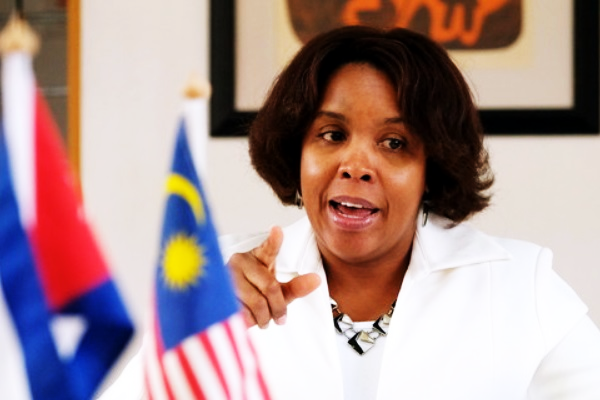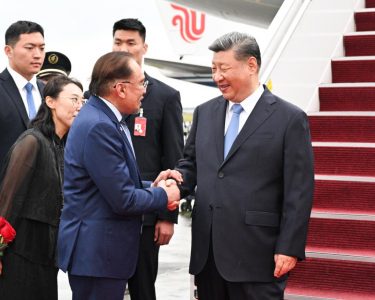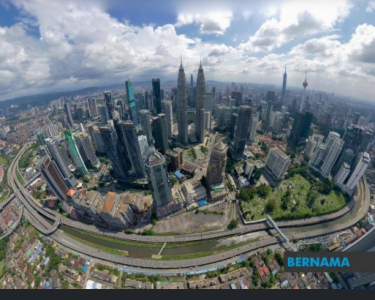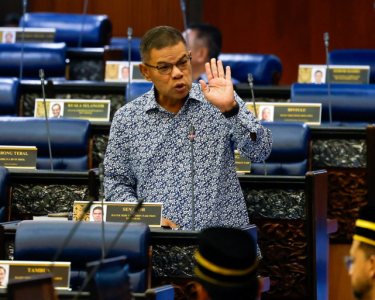KUALA LUMPUR, April 27 (NNN-Bernama) — The approach of the new Malaysian government to South-South cooperation can bring the bilateral ties between Cuba and Malaysia to a better level, said the Caribbean island nation’s Ambassador to Malaysia Ibete Fernandez Hernandez.
In that context, Hernandez said Cuba, a country of some 11.5 million people, has the expertise and advancements in biotechnology, which can contribute to the development of the discipline in Malaysia.
She pointed out that in today’s world, all experiences are beneficial and cooperation among nations has a relevant significance.
“Our wish and goal is to collaborate with Malaysia, especially in the biotechnology area,” she said.
Hernandez said this to Bernama International News Service in a written reply on several bilateral matters in conjunction with the one-year rule of the new Malaysian government under the Pakatan Harapan (PH) coalition. The coalition made history when it became the government of the day after winning the 14th General Election (GE14) on May 9, last year.
Asked how she would describe the current bilateral ties under the new government, Hernandez said that bilateral relations continue to be good.
She pointed out that Cuba and Malaysia had been united by diplomatic ties since 44 years ago, characterised by mutual respect.
“Bilaterally we have received the support of Malaysia on issues of crucial importance to Cuba (such) as the blockade (embargo), and we have been able to collaborate with Malaysia in education, and in science and health,” she said.
Malaysia had given overwhelming support to Cuban resolutions to end the United States-imposed embargo on the island nation – at the United Nations General Assembly (UNGA) – since 1992.
“We hope Malaysia will continue to support Cuba in its fight against the US-imposed embargo,” she further said.
Havana and Kuala Lumpur established diplomatic ties in 1975 – at the time of the Cold War ideological divide – and since then have moved forward to enjoy increasingly fruitful and meaningful relations and cooperation in many areas — politics, economics, medical, education, biotechnology, sports and people-to-people relations.
Cuba opened its embassy in Kuala Lumpur in 1997, and Malaysia followed suit by setting up its embassy in Havana in February 2001.
On the international front, Hernandez said that there has been continuity between Cuba and Malaysia regarding issues of mutual interests and that Cuba was looking forward to continuing working together in all sectors possible to strengthen the bilateral relationship.
Replying to another question on her impression of the new Malaysian government’s administration after the one-year formation, she said that the new Malaysian government is working hard in order to bring benefit to the Malaysian people and bring the country forward.
— NNN-BERNAMA






